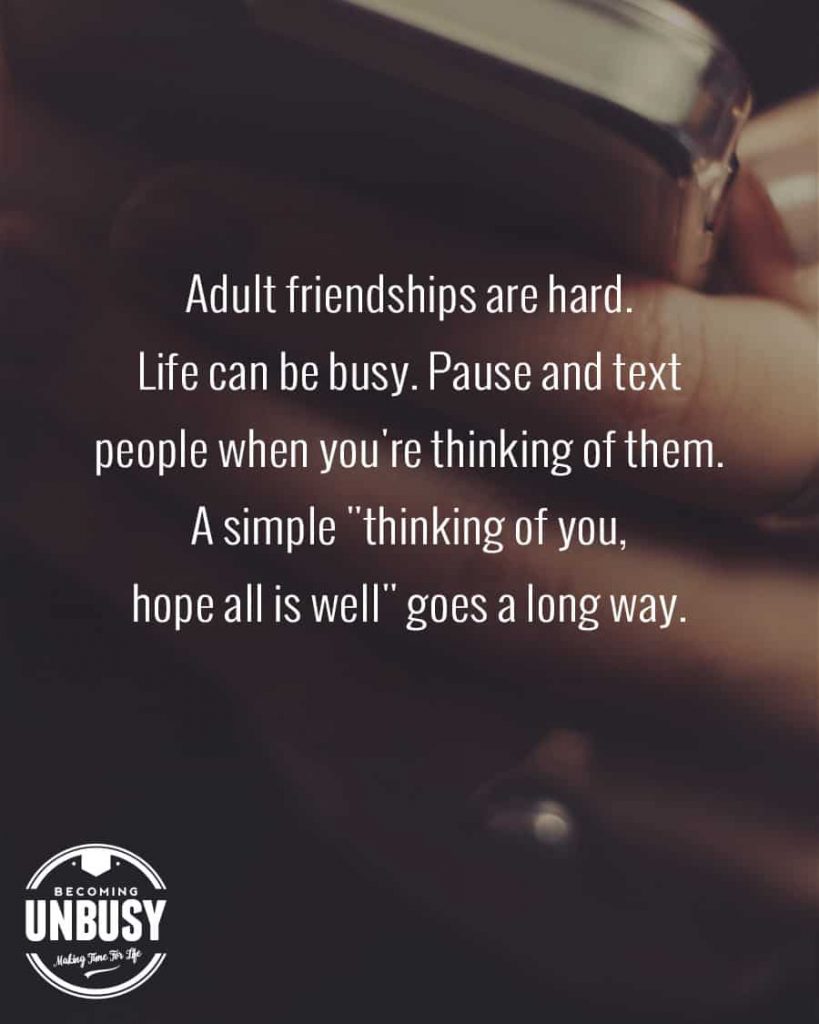Since before WWII researches at Harvard have been collecting data on happiness. The clearest message from this 75-year study is . . .
. . .
From a young age, society tells us we need certain material things to be successful, to lead 'the good life.' To obtain the dream home, the respected career, the luxury vehicles, we need to constantly work harder, push harder, be more.
Truth be told, 'the good life' for many people means being caught in a vicious cycle of crazy-business. The question then becomes, what really keeps us happy and healthy as we go through life?
Empirical data from a longstanding Harvard study shows time and time again, one strong predictor of a happy and healthy life.
For 75 years, the Grant and Glueck study has tracked multiple generations of people collecting ongoing data about their work, their home lives, and their overall health through blood samples, brain scans, and more.
The study conclusion?
Watch 12-minute TED Talk given by the study director or read the conclusion below.
. . .
Robert Waldinger, director of the Harvard Study of Adult Development, states, "The clearest message that we get from this 75-year study is this: Good relationships keep us happier and healthier. Period."
Not in the square footage of your home. Not the brand of clothes you wear. Not the type of car you drive. Not the different companies you worked for or how much is in your 401K.

The study shows the most influential empirical predictor of health and happiness in life is — connection.
Data from the study demonstrates that having someone trustworthy to rely on when life gets tough helps your brain stay healthy, helps your nervous system relax, and reduces both physical and emotional pain.
The research also shows people who are isolated or who feel lonely are more likely to see physical health decline earlier in mid-life, brain function decline, and live shorter lives overall.
Waldinger explains, "It's not just the number of friends you have, and it's not whether or not you're in a committed relationship," but rather, "It's the quality of your close relationships that matters."
In other words, you don't need to be a social butterfly with a big group of friends or even currently be in a romantic relationship; what matters is connecting with people who light you up.

The key to happiness is to practice leaning in to healthy relationships. Let's say you're 25, or you're 40, or you're 60 — what might leaning in look like?
Waldinger explains the possibilities are endless regardless of age.
"It might be something as simple as replacing screen time with people time or livening up a stale relationship by doing something new together, long walks or date nights, or reaching out to that family member who you haven't spoken to in years."
In other words, make time for the people who matter most to you.

Find a simple way to show 'your people' they are important — send a "remember when" text to a friend, give your partner a hug and don't let go until after they do, make eye contact with your kids at dinner time, try that new yoga class your friend has been mentioning to you, send a good old fashion snail-mail greeting card to someone with a short handwritten note. Small acts of kindness go a long way.
In the end, this 75-year scientific study confirms what you already know deep down — "the good life is built with good relationships."

Love this post? Sharing it would make our week. 💛
It would make our week if you took a second to share this post on your favorite social media spot. That's how we know we're on the right track and should continue writing more posts like this!
